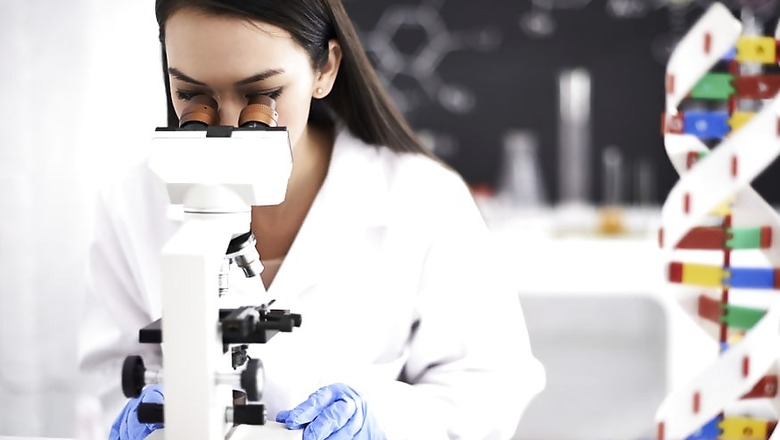
views
For patients awaiting an organ transplant, scientists have discovered a technology that keeps organs alive longer. They have managed to discover a way of 'super-cooling' livers so that they last for three times as long. This means that the 'transplant window' to get an organ form a donor to the recipient has just gone up from nine hours to 27 hours.
According to researchers, a cocktail of chemicals, including an ingredient used in anti-freeze has allowed for the breakthrough.
Thus, for the first time, human livers can now be kept at sub-zero temperatures without getting frozen (which would in turn destroy them).
Liver transfer patients have to often wait years to find a matching donor, and even them they are plagued by the time factor which could destroy the organ while it is being transported from one place to another for the transplant. Amid organ shortage, and despite drivers rushing to deliver the organs on time, a short number gets wasted since they do not make it on time.
The new discovery could address that issue.
According to Dr Shannon Tessier, a co-author of the study from Harvard Medical School, a lot of times when an organ becomes available, it may both be a good match nearby. A wider pool allows one to have a better chance of finding a better match. However, currently, after an organ donor dies, their liver can typically only be transplanted into a patient within nine hours.
This is because livers are stored above freezing temperature at 4 degrees centigrade which is not cold enough to preserve them for longer.
One cannot go lower than 4C however, because at a colder temperature, ice crystals naturally form inside liver cells and break the tissue apart.
Scientists have been searching for a way around it to get the benefits of the organs without cell damage and managed to achieve the same in rat livers five years ago.
The chemical cocktail identified by the researchers contains glycerol, which is used in commercial anti-freeze and found in the human body. It also contains a compound called PEG which lowers the temperature at which liver cells freeze, and one called 3-OMG which protects against the cold.
To make the cocktail work in human livers, they stopped them from being exposed to the air, which helps in ice formation. The researchers added two new chemicals to protect the cells and found a way to flush the whole cocktail through the liver's blood vessels.
Thus livers can be kept at minus 4C and last for three times more time than they earlier would which the researchers say could create the difference between a liver transplant succeeding or failing.
While the method is yet to be tried on humans, they plan to commence trials on pigs next year.
Follow News18 Lifestyle for more

















Comments
0 comment